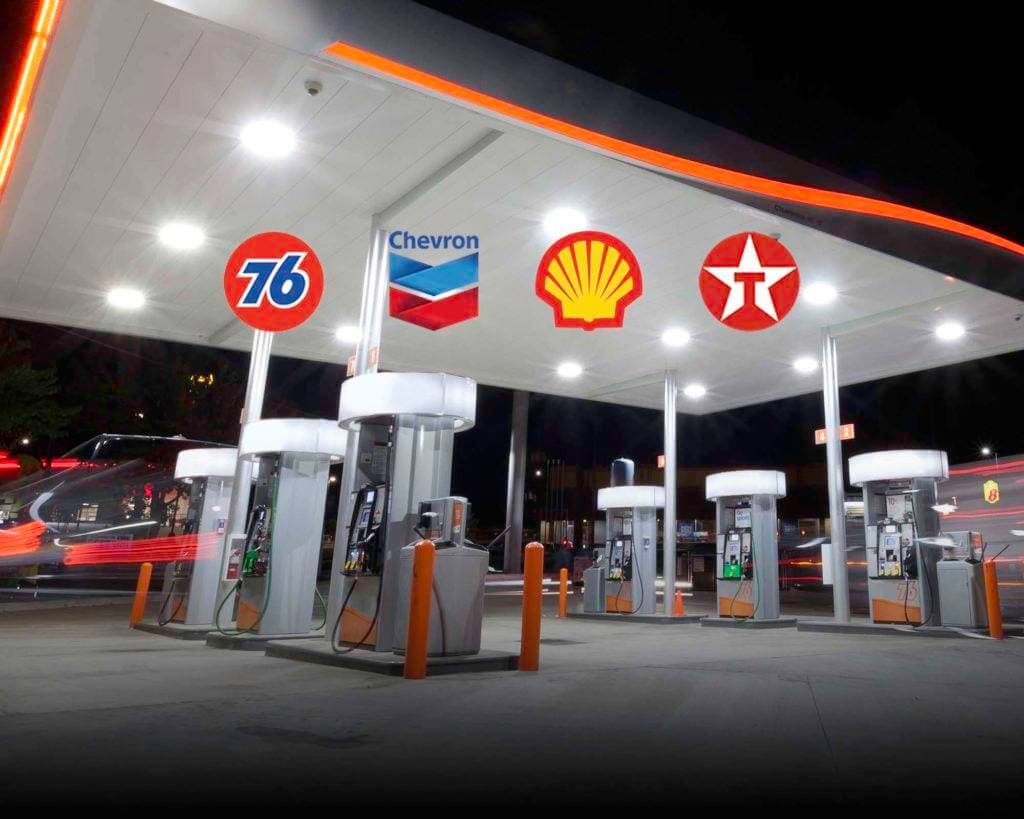What You Can Expect from Branded Versus Unbranded Fuel Contracts At its core, all gasoline starts as the same basic fuel. It’s not until it leaves the manufacturing facility that it transforms into a branded fuel if that’s its destiny. Branded fuel is different from unbranded alternatives because it contains proprietary additives meant to increase the product’s value, such as promoting better engine performance. Consumers consider several factors when they decide where to purchase gasoline from. For example, many will choose a station located on their morning commute with easy accessibility from the main road. Today, price continues to remain their top priority. However, a solid 10% of consumers choose their gas station based on the brand of fuel it sells. As a fuel station owner, there are tradeoffs to consider as you decide whether to offer branded or unbranded options. Branded fuels come with instant name recognition, nationwide advertising campaigns, and pre-designed signage and operations plans. At the same time, branded retailers are subject to paying higher costs (to cover all of the benefits) and are required to follow corporate guidelines. For those that sell unbranded fuel, the sky’s the limit. These retailers can choose their business name, have the freedom to pick any supplier and pay less for the inventory. On the flip side, their responsibility to market their business is squarely on their shoulders.
the brand of fuel it sells. As a fuel station owner, there are tradeoffs to consider as you decide whether to offer branded or unbranded options. Branded fuels come with instant name recognition, nationwide advertising campaigns, and pre-designed signage and operations plans. At the same time, branded retailers are subject to paying higher costs (to cover all of the benefits) and are required to follow corporate guidelines. For those that sell unbranded fuel, the sky’s the limit. These retailers can choose their business name, have the freedom to pick any supplier and pay less for the inventory. On the flip side, their responsibility to market their business is squarely on their shoulders.
What can retailers expect from a branded versus unbranded fuel contract?
Another key consideration for business owners is the contract. Branded versus unbranded fuel contracts have different provisions that will guide how an owner manages their business.
Branded Fuel Contracts
- Contract Term. Deciding to sell a specific fuel brand is a significant decision because the retailer is locked into their contract for a considerable amount of time. A typical arrangement is ten years, but it’s not uncommon to see contracts for as long as twenty years. After the initial time frame, renewals are often for three years.
- Purchase Volume Requirements. Business owners must be committed to selling a threshold amount of fuel each month because they are typically required to purchase a minimum amount of gasoline from the supplier.
- Disruption Provisions. When a supplier suffers from a disruption in production, the supplier will generally reduce the amount available for purchase for all its retailer clients in a formulaic manner to achieve perceived equity. It’s essential to understand how disruption would affect your ability to meet your customers’ needs.
- Marketing Requirements. Branded fuel suppliers provide marketing materials for their retailers, from signs to brochures and promotional materials. In return, the retailer commits to using these materials and maintaining their locations in a manner consistent with the image desired by the brand. Some brands may even require employees to wear specific uniforms and the business to be open for a minimum range of hours.
- Wholesale cost. Typically, branded suppliers determine the price of their product based on a fuel index benchmark plus a margin to cover benefits, including additives, branding, and other operational support. Some suppliers offer consignment agreements where the supplier remains the fuel owner and pays the retailer a commission when the fuel is sold.
Unbranded Fuel Contracts
One of the benefits of selling unbranded fuel is that there are no unbranded fuel contracts. Retailers who purchase unbranded fuel for their operations can decide where to buy fuel from every time they need to order. Costs are based on current fuel indexes, and deals are handled with sales agreements. Without a sales contract, these retailers are also at the mercy of market conditions every time they re-order products. There is no assurance of future pricing, nor can they feel assured they will be able to purchase fuel during inventory disruptions. Successful unbranded gasoline retailers spend more time reviewing supplier costs and arranging for deliveries than branded fuel retailers. Modern software solutions can help make supply analysis faster and ease the burden involved in placing routine orders.
If you’re choosing between branded and unbranded fuel options, it’s time to contact H&S Energy Group.
At H&S Energy Group, we help our clients develop their businesses to achieve their goals. We can help you search for the right location, select between branded or unbranded fuel, build your business brand, diversify your product line, select ancillary services to boost your bottom line, and so much more. By partnering with H&S Energy Group, we can help your business unlock its potential with new opportunities and achieve unimaginable success. Contact us today to get started.



